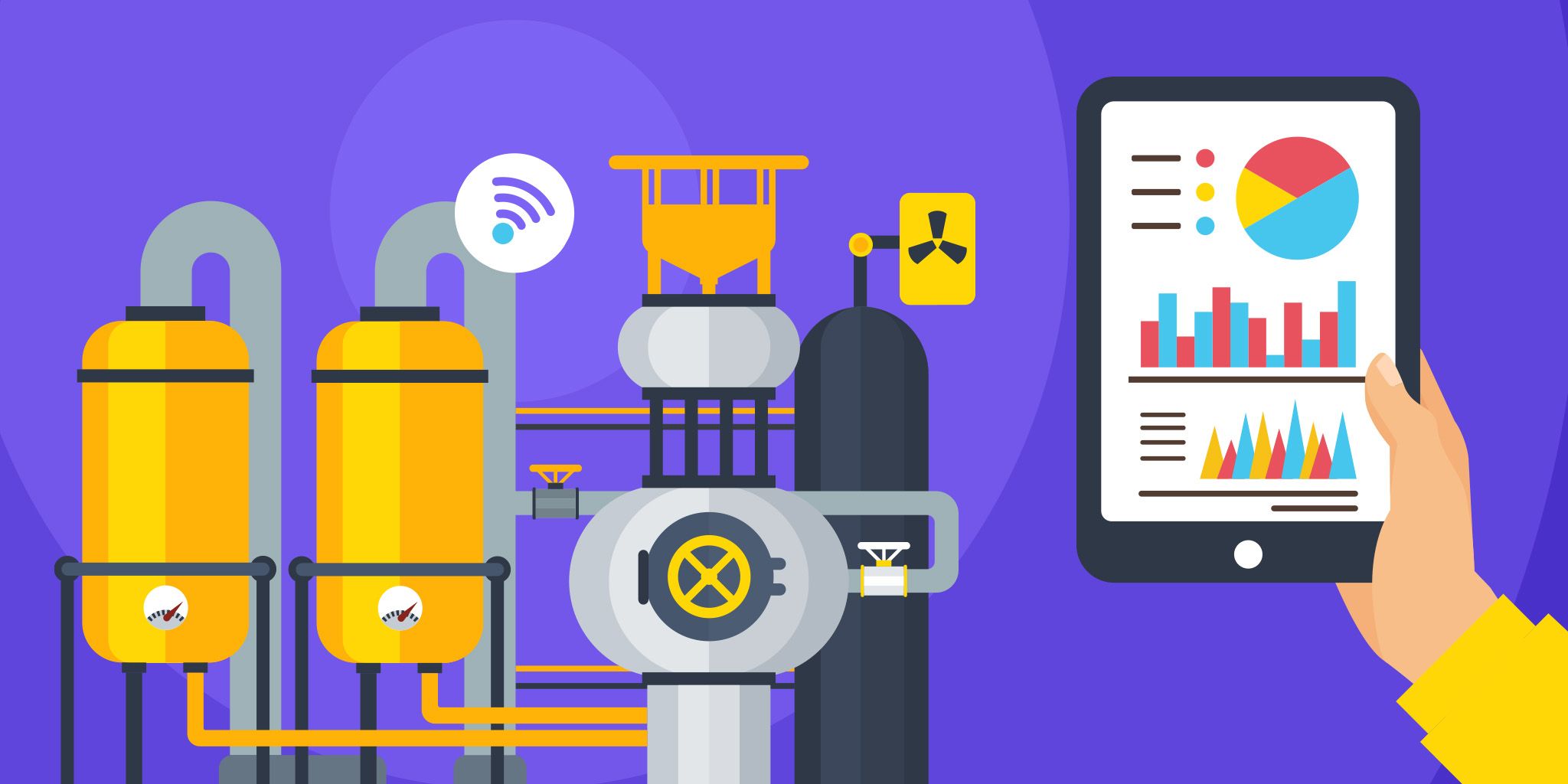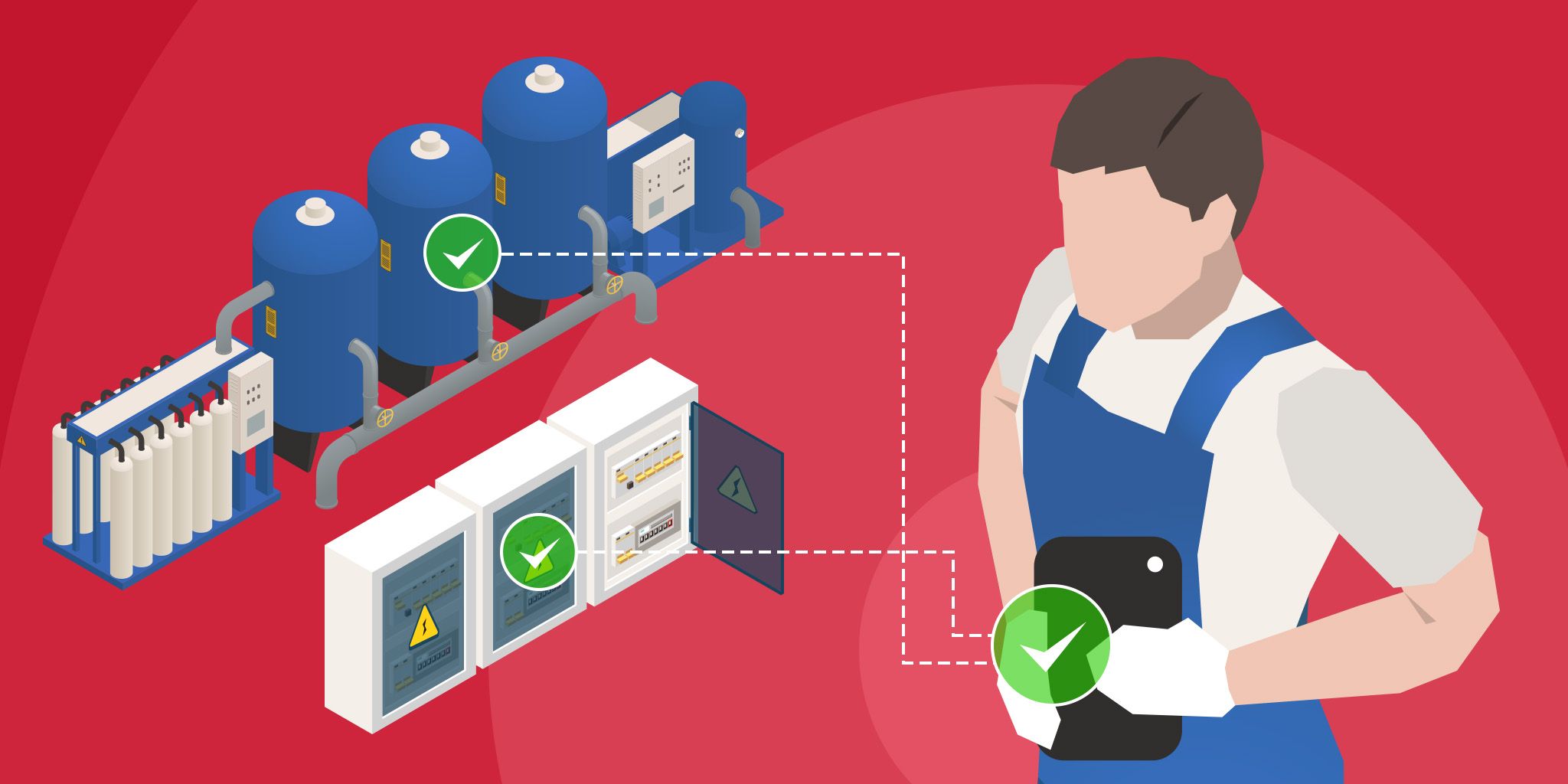Energy Harvesting: Natural and Economical Business Solution for Saving Money
Energy Harvesting: Natural and Economical Business Solution for Saving Money
- Last Updated: December 2, 2024
Viezo
- Last Updated: December 2, 2024



Recent gains in IoT adoption are creating a growing environment of devices and sensors that, in most cases, function entirely on batteries. According to Gartner, the number of connected things is expected to reach 25 billion by 2021. In 2025, this number will likely reach 75 billion connected devices in IoT networks around the globe. That's a lot of batteries.
Energy harvesting is a natural and economical solution for extending battery life without affecting the performance of IoT devices.
While traditional battery power can be a perfect choice for many IoT applications, it's not always the best option from an economical and environmental standpoint. Increased needs for power have a long-term cost for solutions, not only in power or batteries but also in upkeep and maintenance.
And when we're looking at 75 billion IoT and IIoT devices, those costs multiply fast.
Economical and Environmental Standpoints
Imagine you're responsible for a large mining facility extracting zinc. You might have sensors checking on your machinery, tracking assets as they move through the facility, and ensuring the safety of your employees - all running on batteries and managed by a central hub.
Even if those batteries last five or more years, imagine the cost of replacing hundreds of batteries. Imagine the labor cost of having someone find and maintain each of those pieces of hardware. Finally, imagine the potential cost of the downtime spent swapping and charging each battery.
From an environmental perspective, rechargeable batteries aren't sustainable. This is an especially large problem as companies become more focused on adding sustainable development goals to their corporate agendas.
So, why not find a more permanent solution to power? Access to regular power supply from a power grid is not always available. Such as in the example above, this can be due to the geography or application (shipping palettes or containers, for example).
This is where energy harvesting may come as a natural solution for extending battery life without affecting the performance of devices.
Energy Harvesting
One possible solution to these problems is energy harvesting. Harvesting methods capture energy from a device's surrounding environment and are a potentially good option for some deployments.
There are a variety of techniques for energy harvesting, including:
Solar Energy
Devices exposed to sunlight can harvest high levels of energy, however, there are a few limitations. Some cells are bulky and inefficient, in so far as converting energy for small devices.
Thermoelectric Energy
This technique relies on temperature differential to create electrical potential.
RF Energy
5G networks are a key paradigm for the realization of future IoT applications within cities. Radio frequency energy harvesting can increase the energy efficiency of urban IoT deployments.
Wind Energy
Highly efficient, but quite expensive.
Mining Facility: Harvesting Vibration
Now let’s get back to the mining facility example.
Another promising source of energy can be harvesting vibration. For example, devices can generate energy from the wasted vibrations that appear as a result of industrial operations in places like railways, mining operations, or oil and gas environments.
The vibrations from passing trains can power autonomous wireless sensors that monitor track conditions and alert operators when an issue occurs.
In your mining operation, conveyor belts or drill strings could generate these vibrations to power autonomous sensors engaged in predictive maintenance.
Energy harvesting is a possible power solution for several industries that can extend battery life without affecting device performance. With it, businesses will be able to save money while being environmentally friendly.
The Most Comprehensive IoT Newsletter for Enterprises
Showcasing the highest-quality content, resources, news, and insights from the world of the Internet of Things. Subscribe to remain informed and up-to-date.
New Podcast Episode

What is Hybrid Connectivity for IoT?
Related Articles





